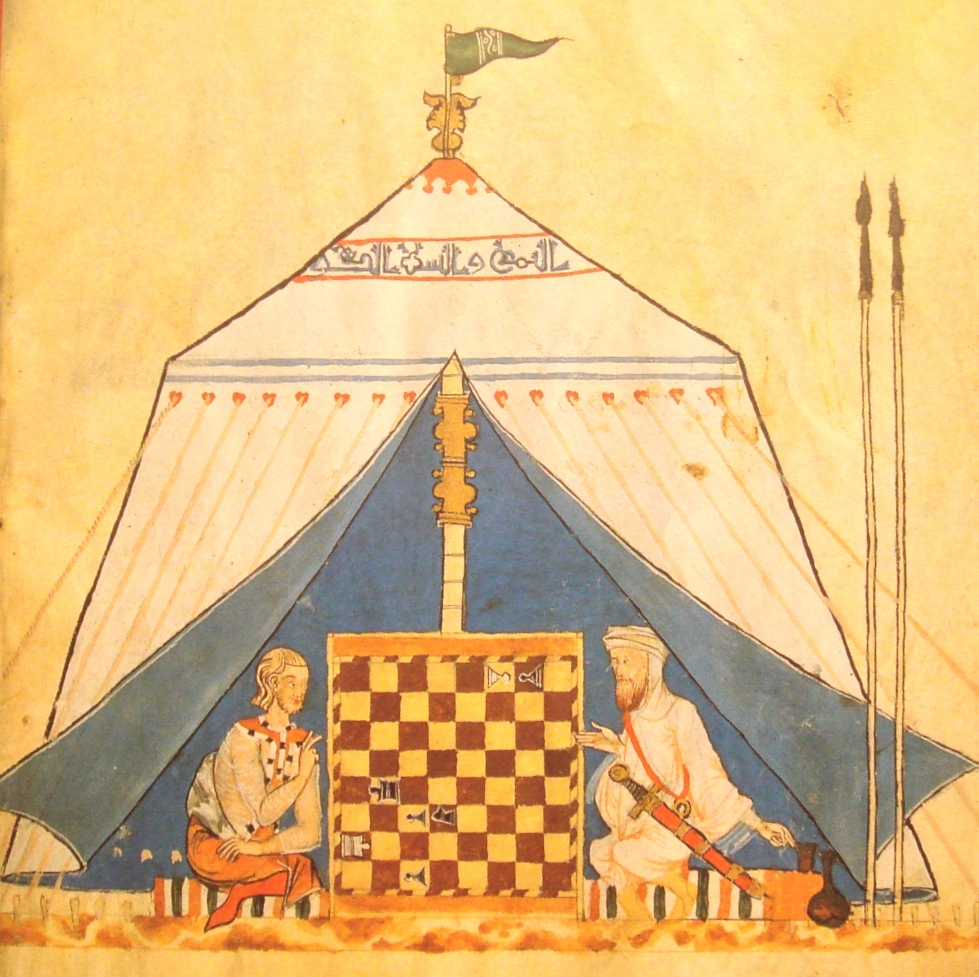L’exposé de la réprobation dans l’Ihyā’ d’al-Ghazālī: quelques observations concernant l’influence d’al-Muhāsibī
DOI:
https://doi.org/10.54103/2035-7362/17828Parole chiave:
al-Ghazālī, al-Muhāsibī, Ri’āya al-huqūq Allāh, fiqh (diritto islamico)Abstract
Nella seconda parte del Libro della condanna dello status e dell’ostentazione il ventottesimo libro della sua opera principale, La rinascita delle scienze religiose – al-Ghazālī trae molta ispirazione da al-Muhāsibī, soprattutto dalla sua opera al-Ri’āya al-huqūq Allāh (L’osservanza dei diritti di Dio). Il fatto che al-Ghazālī menziona esplicitamente il nome di al-Muhāsibī non meno di quattro volte in questa sezione testimonia la sua ammirazione profonda per questo grande mistico delle origini. Un attento esame di questi riferimenti e del loro contesto rivela una grande familiarità e un ampio uso della Ri’āya, così come un accesso diretto a un’altra grande opera di al-Muhāsibī, cioè il Kitāb al-Wasāya (Il Libro dei Comandamenti). Inoltre, la scelta di al-Ghazālī di specifici versetti coranici e delle Tradizioni, sia profetiche che di storie, è molto debitrice della Ri’āya, come diventa chiaro sulla base di un esame del primo capitolo di questa seconda parte che consiste interamente in citazioni di versetti coranici e delle Tradizioni riguardanti la questione dell’ostentazione.
Per quanto riguarda il secondo capitolo, che si concentra sui modi usati per attirare l’attenzione della gente su di sé sia negli atti religiosi che in quelli verbali, esso condivide molte caratteristiche con l’esposizione di al-Muhāsibī nella Ri’āya, compresa la copia quasi letterale di alcuni passaggi. Infine, l’uso che al-Ghazālī fa della Ri’āya in ciascuno degli altri capitoli è brevemente indicato. Questo studio mostra che al-Muhāsibī non era solo una fonte importante per al-Ghazālī – un fatto già noto da quasi un secolo – ma la fonte principale, almeno per questa sezione della sua Rinascita. Tuttavia, allo stesso tempo, questo studio chiarisce che al-Ghazālī non è colpevole di cieco plagio.
In the second part of the Book of the Condemnation of Status and Ostentation – the twentieth-eight book of his major work, The Revival of the Religious Sciences – al-Ghazālī draws much inspiration from al-Muhāsibī, above all from his work al-Ri’āya al-huqūq Allāh (Eyeservice to God’s Laws). The very fact that al-Ghazālī explicitly mentions al-Muhāsibī’s name no less than four times throughout this section clearly testifies to his profound admiration for this great early mystic. A close examination of these references and their context reveals a great familiarity with and an extensive use of the Ri’āya, as well as a direct access to another major work of al-Muhāsibī, i.e., Kitāb al-Wasāya (The Book of Commandments). Moreover, al-Ghazālī’s choice of specific Qur’anic verses and of Traditions, both prophetic and stories, is much indebted to the Ri’āya, as becomes clear on the basis of an examination of the first chapter of this second part which consisting entirely of quotations of Qur’anic verses and Traditions concerning the issue of ostentation. As to the second chapter, which focuses on the ways used to draw people’s attention to oneself both in religious as well as in wordly acts, it shares many features with al-Muhāsibī’s exposition in the Ri’āya, including the almost verbatim copying of some passages. Finally, al-Ghazālī’s use of the Ri’āya in each of the other chapters is briefly indicated. This study shows that al-Muhāsibī was not just a major source for al-Ghazālī – a fact already known for nearly a century – but the major source, at least for this section of his Revival. However, at the same time, this study makes clear that al-Ghazālī is not guilty of blind plagiarism.
Downloads
Dowloads
Pubblicato
Come citare
Fascicolo
Sezione
Licenza
Copyright (c) 2022 Doctor Virtualis

Questo lavoro è fornito con la licenza Creative Commons Attribuzione 4.0 Internazionale.
Gli autori che pubblicano su questa rivista accettano le seguenti condizioni:
a. Gli autori mantengono i diritti sulla loro opera e cedono alla rivista il diritto di prima pubblicazione dell'opera, contemporaneamente licenziata sotto una Licenza Creative Commons - Attribuzione che permette ad altri di condividere l'opera indicando la paternità intellettuale e la prima pubblicazione su questa rivista.
b. Gli autori possono aderire ad altri accordi di licenza non esclusiva per la distribuzione della versione dell'opera pubblicata (es. depositarla in un archivio istituzionale o pubblicarla in una monografia), a patto di indicare che la prima pubblicazione è avvenuta su questa rivista.
c. Gli autori possono diffondere la loro opera online (es. in repository istituzionali o nel loro sito web) prima e durante il processo di submission, poichè può portare a scambi produttivi e aumentare le citazioni dell'opera pubblicata (Vedi The Effect of Open Access).





